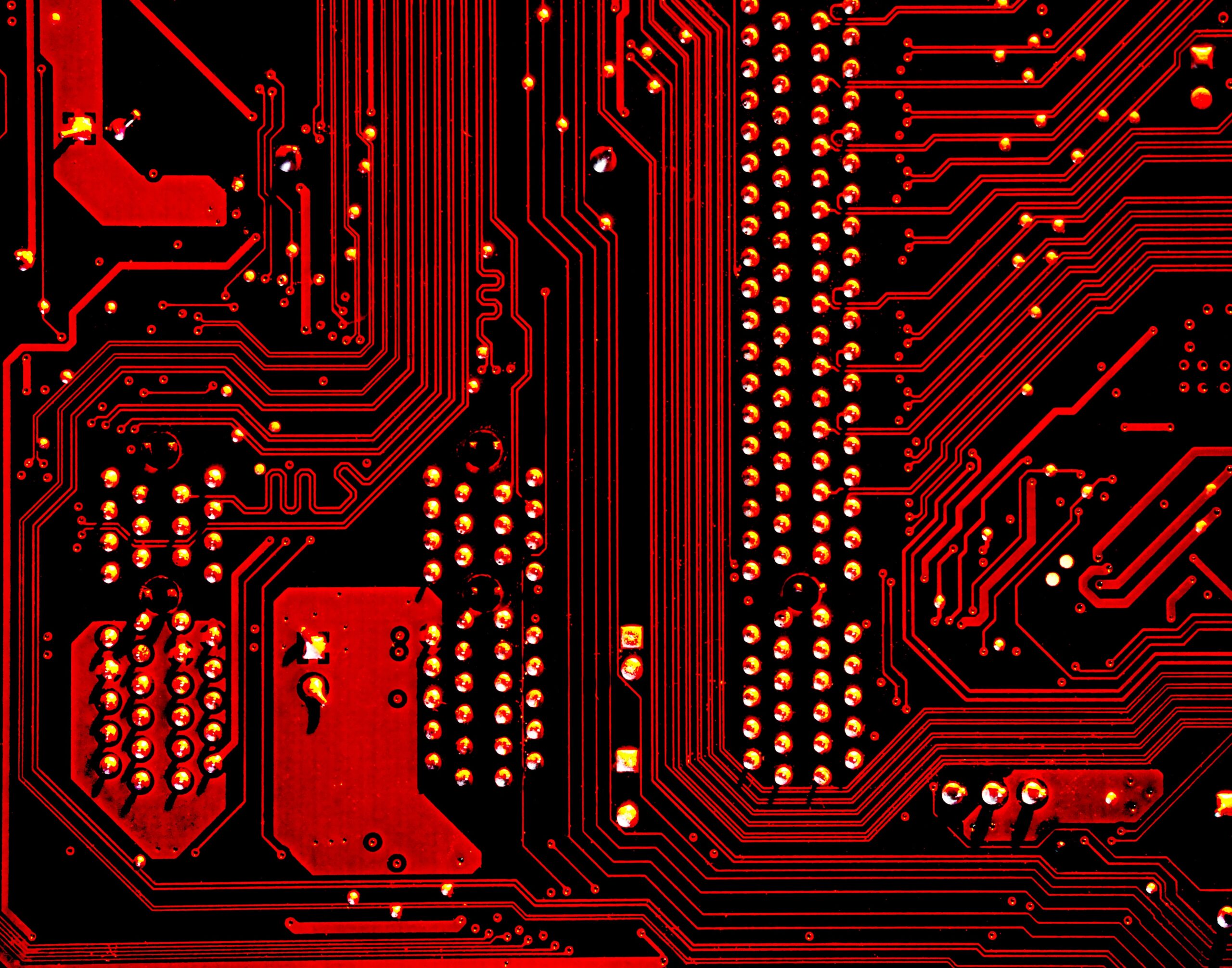Advancements in technology have consistently shaped and revolutionized various industries, and healthcare is no exception. Artificial Intelligence (AI) is rapidly gaining momentum in the healthcare sector, promising to enhance diagnostics, streamline workflows, improve patient outcomes, and ultimately transform the way we deliver and receive healthcare services. So, what exciting possibilities could AI bring in the future?
Enhanced Diagnostics and Imaging
AI algorithms have shown tremendous potential in analyzing medical images such as X-rays, MRIs, and CT scans, enabling faster and more accurate diagnoses. Machine learning models can quickly analyze large datasets and identify patterns that human eyes might miss, aiding radiologists and physicians in detecting diseases like cancer, identifying abnormalities, and providing more precise treatment recommendations. AI-powered diagnostic tools have the potential to reduce human error, improve early detection rates, and ultimately save lives.
Personalized Medicine and Treatment
AI has the power to revolutionize treatment plans by analyzing vast amounts of patient data, including medical records, genetic information, lifestyle factors, and treatment outcomes. By leveraging this information, AI algorithms can generate personalized treatment plans, suggest optimal medication dosages, and predict patient responses to specific therapies. This approach allows healthcare providers to deliver targeted and individualized care, maximizing treatment effectiveness and minimizing adverse reactions.
Predictive Analytics and Early Intervention
One of AI’s greatest strengths is its ability to process and analyze large volumes of data quickly. Machine learning algorithms can identify patterns and risk factors to predict diseases or complications before they occur. By analyzing electronic health records, genetic data, lifestyle factors, and environmental information, AI can assist healthcare professionals in identifying individuals at high risk for conditions such as heart disease, diabetes, or sepsis. Early intervention based on these predictions can lead to proactive healthcare management, improved patient outcomes, and reduced healthcare costs.
Workflow Optimization and Administrative Support
AI-powered tools can automate and streamline administrative tasks, freeing up healthcare professionals’ time to focus on patient care. Natural Language Processing (NLP) algorithms can extract relevant information from medical records, automate documentation, and facilitate faster and more accurate coding and billing processes. Chatbots and virtual assistants powered by AI can handle routine patient inquiries, provide basic medical information, and schedule appointments, enhancing the overall patient experience.
Drug Discovery and Clinical Trials
AI is accelerating the process of drug discovery by analyzing vast amounts of scientific literature, genomic data, and clinical trial results. Machine learning algorithms can identify potential drug candidates, predict their effectiveness, and simulate their interactions within the human body. This not only speeds up the discovery and development of new drugs but also improves the success rates of clinical trials, reducing costs and time associated with bringing new treatments to market.
Artificial Intelligence has the potential to revolutionize healthcare in ways that were previously unimaginable. From improving diagnostics and personalized treatment plans to enabling early interventions and optimizing workflows, AI is transforming the entire healthcare ecosystem. However, it is essential to address challenges related to data privacy, transparency, and ethical considerations to ensure that AI technologies are used responsibly and in a way that benefits patients and healthcare providers alike. As AI continues to advance, the future of healthcare looks promising, where data-driven insights and intelligent technologies work hand in hand with medical professionals to provide better care, save lives, and create a healthier world.

